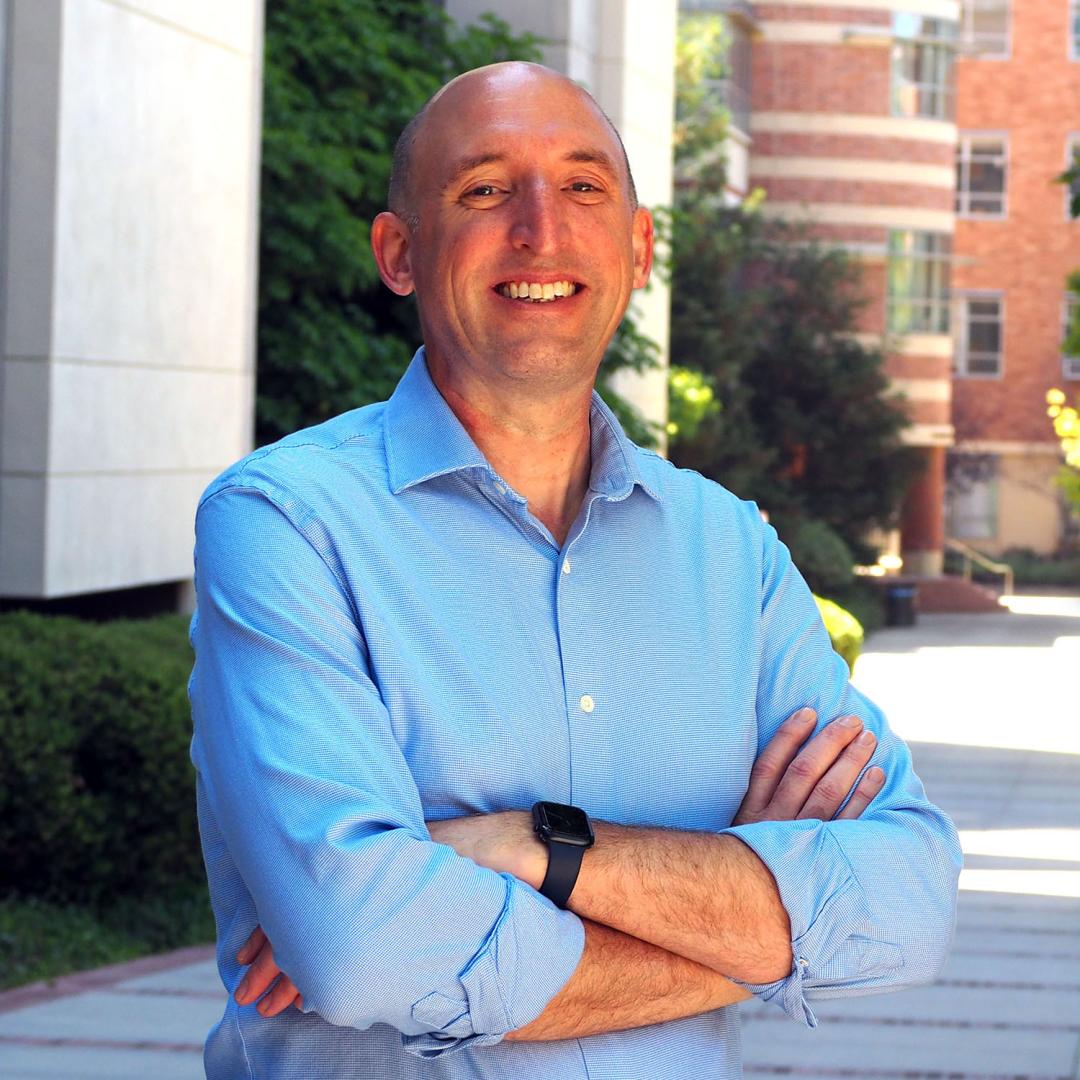
Filter News
Area of Research
- Advanced Manufacturing (8)
- Biological Systems (1)
- Biology and Environment (33)
- Building Technologies (2)
- Clean Energy (89)
- Climate and Environmental Systems (1)
- Computational Engineering (3)
- Computer Science (12)
- Energy Sciences (1)
- Fusion and Fission (3)
- Fusion Energy (2)
- Isotopes (1)
- Materials (50)
- Materials for Computing (12)
- Mathematics (1)
- National Security (13)
- Neutron Science (11)
- Nuclear Science and Technology (2)
- Quantum information Science (4)
- Supercomputing (59)
News Type
News Topics
- (-) Bioenergy (39)
- (-) Composites (18)
- (-) Computer Science (97)
- (-) Frontier (15)
- (-) Machine Learning (24)
- (-) Microscopy (27)
- (-) Net Zero (5)
- (-) Polymers (21)
- (-) Sustainable Energy (75)
- 3-D Printing/Advanced Manufacturing (74)
- Advanced Reactors (23)
- Artificial Intelligence (42)
- Big Data (24)
- Biology (39)
- Biomedical (28)
- Biotechnology (10)
- Buildings (31)
- Chemical Sciences (38)
- Clean Water (15)
- Climate Change (44)
- Coronavirus (28)
- Critical Materials (23)
- Cybersecurity (20)
- Decarbonization (27)
- Education (3)
- Element Discovery (1)
- Energy Storage (72)
- Environment (78)
- Exascale Computing (10)
- Fossil Energy (2)
- Fusion (23)
- Grid (36)
- High-Performance Computing (38)
- Hydropower (6)
- Irradiation (2)
- Isotopes (23)
- ITER (5)
- Materials (92)
- Materials Science (83)
- Mathematics (2)
- Mercury (5)
- Microelectronics (1)
- Molten Salt (7)
- Nanotechnology (38)
- National Security (21)
- Neutron Science (76)
- Nuclear Energy (45)
- Partnerships (28)
- Physics (28)
- Quantum Computing (13)
- Quantum Science (36)
- Renewable Energy (1)
- Security (12)
- Simulation (15)
- Space Exploration (13)
- Statistics (2)
- Summit (26)
- Transformational Challenge Reactor (4)
- Transportation (60)
Media Contacts
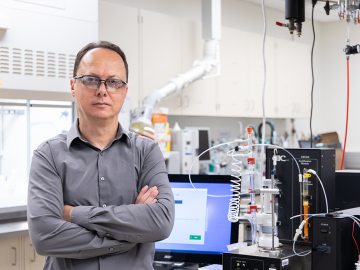
An innovative and sustainable chemistry developed at ORNL for capturing carbon dioxide has been licensed to Holocene, a Knoxville-based startup focused on designing and building plants that remove carbon dioxide
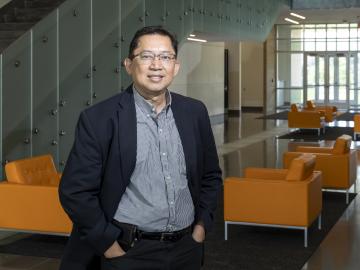
Rigoberto Advincula, a renowned scientist at ORNL and professor of Chemical and Biomolecular Engineering at the University of Tennessee, has won the Netzsch North American Thermal Analysis Society Fellows Award for 2023.
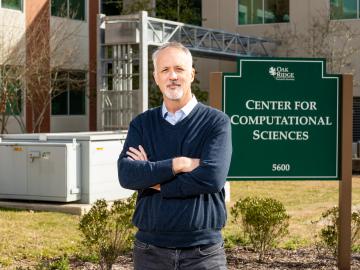
The Oak Ridge Leadership Computing Facility’s Matt Sieger has been named the project director for the OLCF-6 effort. This next OLCF undertaking will plan and build a world-class successor to the OLCF’s still-new exascale system, Frontier.

With the world’s first exascale supercomputing system now open to full user operations, research teams are harnessing Frontier’s power and speed to tackle some of the most challenging problems in modern science.
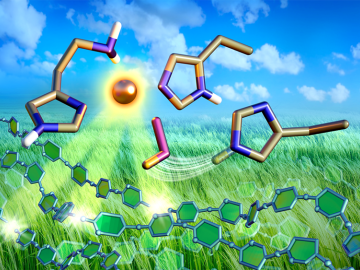
Nonfood, plant-based biofuels have potential as a green alternative to fossil fuels, but the enzymes required for production are too inefficient and costly to produce. However, new research is shining a light on enzymes from fungi that could make biofuels economically viable.
Oak Ridge National Laboratory scientists led the development of a supply chain model revealing the optimal places to site farms, biorefineries, pipelines and other infrastructure for sustainable aviation fuel production.
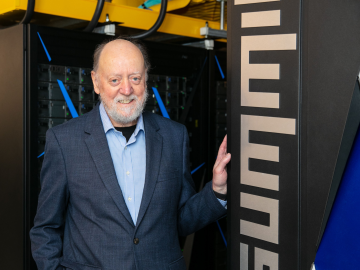
Computing pioneer Jack Dongarra has been elected to the National Academy of Sciences in recognition of his distinguished and continuing achievements in original research.

Andrew Lupini, a scientist and inventor at ORNL, has been elected Fellow of the Microscopy Society of America.
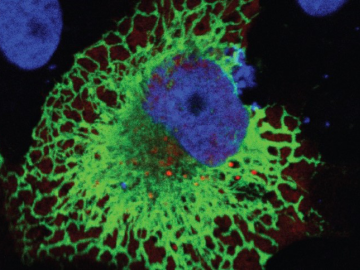
Oak Ridge National Laboratory scientists exploring bioenergy plant genetics have made a surprising discovery: a protein domain that could lead to new COVID-19 treatments.

Researchers at ORNL have developed a machine-learning inspired software package that provides end-to-end image analysis of electron and scanning probe microscopy images.


